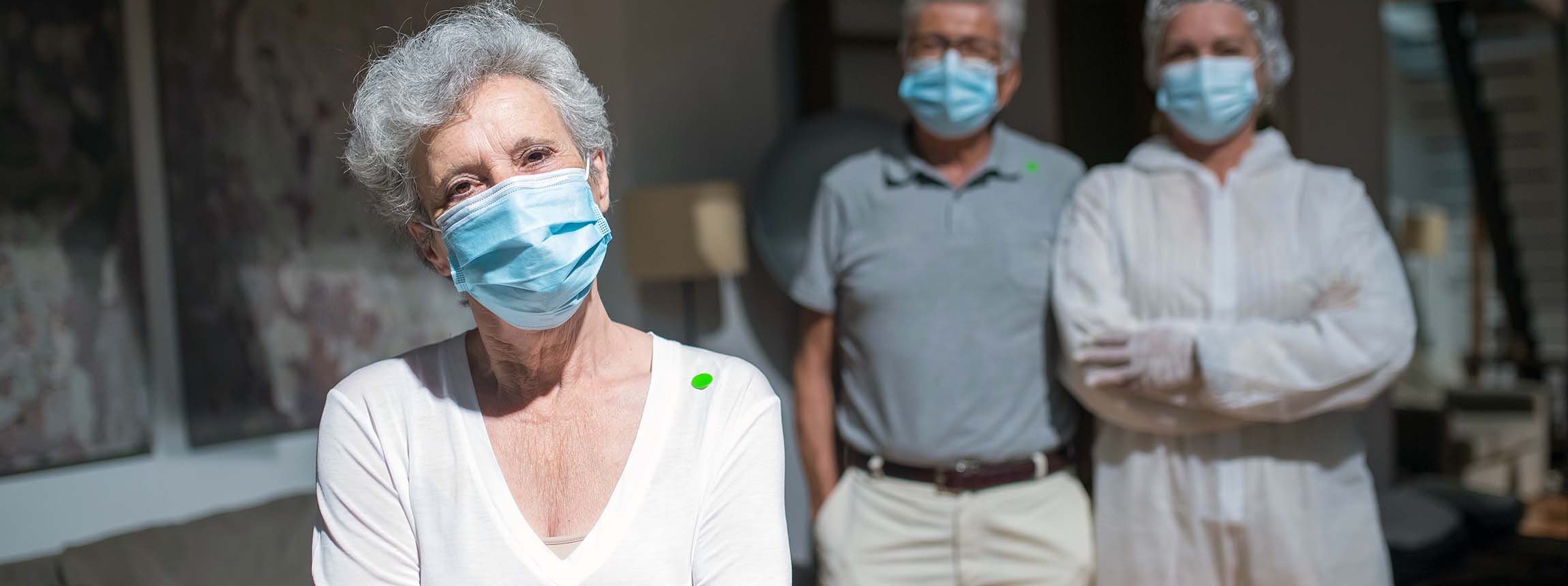As the world’s population ages, the importance of geriatric care has become increasingly clear. Geriatric care is a specialized type of medical care that focuses on the unique needs of elderly patients.
Here I explain why geriatric care is important for elderly patients and what it entails.
Age-related Changes and Conditions in Elderly Patients
Age-related changes and conditions in elderly patients are important factors to consider when choosing a doctor for seniors.
As the body changes with age, it becomes more susceptible to certain medical conditions, such as arthritis, dementia, and incontinence. These conditions can have a significant impact on the daily lives and overall health of seniors.

Therefore, choosing a doctor for seniors who specialize in geriatric care and has specific training and experience in treating elderly patients is crucial.
Geriatric care providers are better equipped to identify and manage age-related changes and conditions and can provide comprehensive care that addresses the physical, cognitive, and social needs of seniors.
When choosing a doctor for seniors, it’s important to prioritize geriatric care providers who can offer the best possible care for elderly patients.
Benefits of Geriatric Care
Geriatric care provides comprehensive assessment and management of medical, functional, and psychosocial needs.
This means that geriatric care providers focus not only on treating acute medical issues but on assessing and managing the patient’s overall well-being.
Geriatric care can prevent and manage chronic diseases and age-related conditions, coordinate with other healthcare providers and resources, and improve quality of life and functional independence.
Components of Geriatric Care
The components of geriatric care typically include a comprehensive geriatric assessment (CGA), medication review and management, a multidisciplinary team approach, and family and caregiver support.
The CGA thoroughly assesses the patient’s physical, cognitive, and social functioning. Medication review and management are particularly important in elderly patients, who may be taking multiple medications that interact with each other.
A multidisciplinary team approach ensures that all patient care aspects are coordinated. Family and caregiver support can help elderly patients maintain their independence and improve their quality of life.
Geriatric Care and End-of-Life Planning
Geriatric care also includes end-of-life planning, which involves advanced care planning and decision-making. This is an important aspect of geriatric care because elderly patients are more likely to have complex medical histories and chronic conditions that may impact their end-of-life care.
Geriatric care providers can help patients and their families navigate these difficult decisions. They can also provide palliative and hospice care to ensure that the patient is comfortable and supported during their final stage of life.
Geriatric care is a vital component of healthcare for elderly patients. It provides comprehensive assessment and management of their unique physical, cognitive, and social needs, as well as coordination with other healthcare providers and resources.
Geriatric care also includes end-of-life planning, which is critical for ensuring that elderly patients receive the best possible care at the end of their lives.
As the world’s population continues to age, it is essential that we advocate for and prioritize geriatric care services. If you or a loved one is in need of geriatric care, there are many resources available to help you find the right provider.
